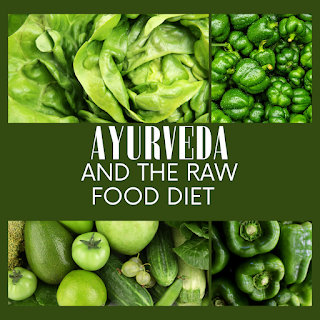Ah, so you thought you've finally found the answer to permanent weight loss. You went on a strict diet and ran your heart out. You dropped pounds quickly. But somehow, something is wrong when you look into the mirror in your birthday suit. Yes, you have lost some weight, but somehow your body shape isn't as flattering as you would like it to be. And then suddenly, you hit a plateau.
No matter how strict your diet and cardio workouts are, your weight just simply refuses to drop any further. Then horrors of horrors, you actually start to gain some weight! You get disillusioned because with the unrewarding program and soon you succumb to 'guilt food' more often, and the weight comes right back up once again. The program fails and you blame it on your bad genes. Why???
Here's why. First, take a good look at the title of this article. It's to "Lose Fat, Not Muscle" and not "lose weight". My point is, by merely losing weight, you will also lose some muscle mass in the process. By losing muscles, you will lose body tone and thus your metabolism rate for burning calories will slow down. Therefore, you have got to build muscles while losing fats. You may even gain some weight because muscles are heavier than fats.
To lose fat and keep it off permanently, you have to combine healthy eating habits, incorporate cardio exercises and lift weights to build muscles. For every lb of muscles you pack, you will burn an extra 70-100 calories per day even without doing anything. Can you imagine the benefits of building up 5kg of extra muscles? You will be burning 350 to 500 extra calories a day even if you just laze around. You'll be burning a Big Mac every day!
To further illustrate my point, 1 lb = about 3,500 calories, thus if you burn 500 calories a day because of the extra muscles you have, you will be burning off about 2 lbs every 2 weeks simply because of your higher metabolism rate!You'll also look good, healthy and well-toned too! Is it any wonder why bodybuilders eat so much but do not put on fat as easily?
Everyone knows that intensive cardio and strict diets cause you to lose muscle mass along with fat. So, while you will lose some weight at the beginning, you will look like, well, just a smaller version of you without any muscle tone. That's not what we want is it?
So, as you lose more and more muscles, your metabolism begins to slow down. On top of that, your body will start conserving fat and 'eat' your muscles for energy because it is reacting to your strict diet. What happens then is that you will hit a plateau and no matter what you do, you will not lose any more weight and your fat will start creeping up again. This, in a nutshell, is the 'yo-yo' dieting effect that we hear so much about.
Losing fat is simple. And notice that I said 'simple' but did not say that it is 'easy'. My pointers will be simple to understand, but the execution will take determination and discipline on your part. It is a lifestyle change to keep the fat off permanently and you will be glad you did because you will get used to the changes in only a few weeks. By then, it will become a cultivated habit for you, especially when you are rewarded with a fitter, healthier you, together with a glowing complexion to boot!
Here is how you do it.
Join the Empowerment Zone!
It is through communities like the Empowerment Zone, (our virtual wellness camp) where you receive the support that everyone needs to not only get great abs but also to empower you to grow as well as create and nurture balance in your life. It's where I built the courage and strength to overcome obstacles associated with chronic illness that caused my immobility for years! There is still time to register and save your spot for the Summer Group! Learn more about the benefits of groups 👉here!

.png)
.png)
.png)

.png)


.png)
.png)
.png)
.png)